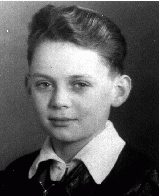You searched for: gas chambers
<< Previous | Displaying results 131-139 of 174 for "gas chambers" | Next >>
-
Freiberg
ArticleLearn about the Freiburg subcamp of Flossenbürg, including its establishment, prisoner population, and conditions there.
-
1943: Key Dates
ArticleExplore a timeline of key events during 1943 in the history of Nazi Germany, World War II, and the Holocaust.
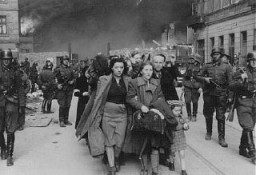
-
Benno Müller-Hill, Antje Kosemund, Paul Eggert, and Elvira Manthey describe the Euthanasia Program
Oral HistoryBenno Müller-Hill, professor of genetics at the University of Cologne and the author of Murderous Science, describes the Nazi "Euthanasia" Program, with oral history excerpts from Antje Kosemund, Paul Eggert, and Elvira Manthey. Antje Kosemund had a disabled younger sister who was admitted to Alsterdorf Institute, Hamburg, December 1933, at the age of three and was subsequently killed in 1944. Paul Eggert was a resident of the orphanage section of the Dortmund-Applerbeck institution from 1942-43 where he…
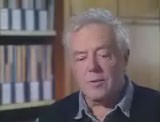
-
Introduction to the Holocaust
ArticleLearn about the Holocaust, the systematic, state-sponsored persecution and murder of six million Jews by the Nazi regime and its collaborators.
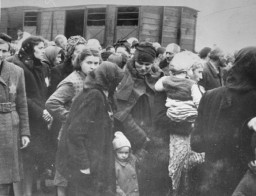
-
Martin Weiss
ID CardMartin was one of nine children born to orthodox Jewish parents in Veľká Poľana, a rural village in the Carpathian Mountains. His father owned a farm and a meat business, and his mother attended to the children and the home. Everyone in the family helped take care of the horses and cows. 1933–39: Martin attended the village's Czechoslovak schools, which were quite progressive. Like many of the other children, he looked forward to leaving the provincial life in Veľká Poľana. In 1938–1939, his…
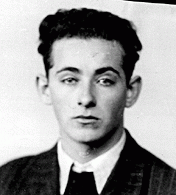
-
Rena Gani
ID CardRena and her family were Romaniot Jews, a group that had lived in Greek cities and the Balkans for more than 1,100 years. The town of Preveza, located on the Ionian seashore, had 300 Jews. Rena's father had a small textile shop and her mother stayed at home to care for Rena, her sister and her three brothers. 1933-39: When Rena's family moved to the nearby town of Ioannina, she completed Jewish primary school there. The school was sponsored by the French organization Alliance Israelite Universelle, and…
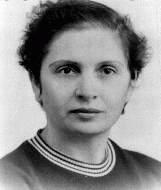
-
Meyer (Max) Rodriguez Garcia
ID CardMax was born to a Jewish family in Amsterdam. He lived in a working-class district occupied by many diamond polishers, of which his father was one. In the 1920s and 30s Amsterdam was a cosmopolitan city with a diverse population. Though his father hoped Max would follow him in the diamond trade, Max dreamed of becoming an architect. 1933-39: Max's happiest years were with close friends in school. His father encouraged him to learn by bringing home newspapers to help his English. After 1933 German Jews…
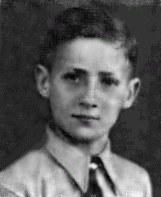
-
Israel Cendorf
ID CardIsrael was born into a religious Hasidic family who hoped he would become a rabbi. But Israel rebelled and apprenticed himself to a printer when he was 16. He read constantly, deepening his sympathy with the workers' struggle, and he soon began to write his own revolutionary songs. His first book of poems, The Red Agenda, was warmly received. 1933-39: In 1933, the year Hitler became chancellor of Germany, Israel moved to Paris. But the city was wracked by unemployment, and Jewish immigrants were in…
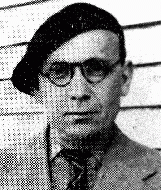
-
Thomas Buergenthal
ID CardThomas Buergenthal was born in May 1934 in the town of Ľubochňa, Czechoslovakia. His parents, Mundek and Gerda, were Jews who had fled the Nazi rise to power in Germany. In Ľubochňa, Mundek ran a hotel that welcomed other refugees and exiles fleeing Nazi persecution. 1933-39: In 1938-1939, Nazi Germany dismantled the country of Czechoslovakia and created the satellite state of Slovakia. As a result, Thomas and his family fled from Slovakia to neighboring Poland. They hoped eventually to immigrate to…
